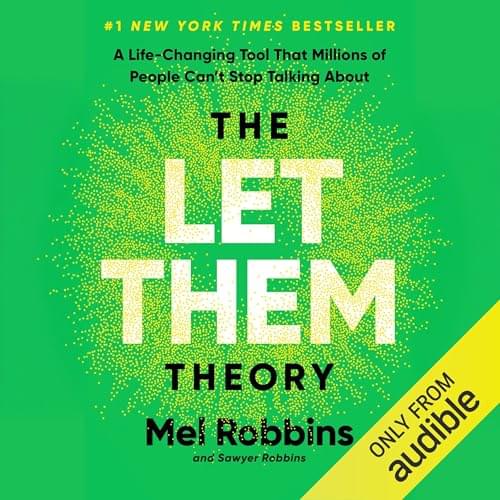How can climate change impact sleep patterns? This is what a recent study published in Environmental International hopes to address as a team of researcher | Earth And The Environment



Dr. Somrita Banerjee: “This is the first time AI has been used to help control a robot on the ISS. It shows that robots can move faster and more efficiently without sacrificing safety, which is essential for future missions where humans won’t always be able to guide them.”
How can an AI robot help improve human space exploration? This is what a recent study presented at the 2025 International Conference on Space Robotics hopes to address as a team of researchers investigated new methods for enhancing AI robots in space. This study has the potential to help scientists develop new methods for enhancing human-robotic relationships, specifically as humanity begins settling on the Moon and eventually Mars.
For the study, the researchers examined how a technique called machine learning-based warm starts could be used to improve robot autonomy. To accomplish this, the researchers launched the Astrobee free-flying robot to the International Space Station (ISS), where its algorithm was tested floating around the ISS in microgravity. The goal of the study was to ascertain if Astrobee could navigate its way around the ISS without the need for human intervention, relying only on its algorithm to determine safely traversing the ISS. In the end, the researchers found that Astrobee successfully navigated the tight terrain of the ISS with limited need for human intervention.


The immune system uses regulatory T cells to dampen inflammatory responses. However, the mechanism that led to these tolerant cells was unclear.
Now, a team of researchers showed that the trigger lies in a protein used in red blood cell production.
Read more.
Erythropoietin, the protein that drives red blood cell formation, also induces tolerance in dendritic cells, leading to the development of regulatory T cells.

What if your conscious experiences were not just the chatter of neurons, but were connected to the hum of the universe? In a paper published in Frontiers in Human Neuroscience, I present new evidence indicating that conscious states may arise from the brain’s capacity to resonate with the quantum vacuum—the zero-point field that permeates all of space.
More specifically, I argue that macroscopic quantum effects are at play inside our heads. This insight results from a synthesis of brain architectural and neurophysiological findings supplemented with quantitative model calculations. The novel synthesis suggests that the brain’s basic functional building blocks, cortical microcolumns, couple directly to the zero-point field, igniting the complex dynamics characteristic of conscious processes.

More hints that the Singularity really has begun: and more importantly: https://arstechnica.com/space/2025/12/after-years-of-resisti…ublic-why/
The second article is how Elon is going to have SpaceX go public at $1.5 trillion so he has more money to put into AI. Of course, Elon is not the only one putting money into AI and $1 trillion will be spent on AI data centers next year.
Due to rising prices from the “AI” bubble, Samsung Semiconductor reportedly refused a RAM order for new Galaxy phones from Samsung Electronics.



THE AUDIOBOOK OF “WHY SPACE? THE PURPOSE OF PEOPLE” IS LIVE! CAN YOU HEAR ME! IT’S LIVE I SAY!
Sorry. Anyway, I know some of you are listeners rather than readers. While for me it is odd to consider listening to my own voice for several hours, I hope you do enjoy it!
Amazon.com: Why Space?: The Purpose of People (Audible Audio Edition): Rick Tumlinson, Rick Tumlinson, Manuscripts Press: Audible Books & Originals.
It’ll likely be a while before we have humanoid robots taking over our household chores, but what you can count on sooner is seeing more robots in industrial settings, like factories and warehouses.
Robots already move pallets and bins of goods across warehouse floors, replacing forklifts. There are also articulated arms involved in packaging tasks, and even assembly operations.
A startup founded by Massachusetts Institute of Technology (MIT) alumni wants these bots to do some heavy lifting, literally. Pickle Robot Company’s robot systems feature AI smarts, cameras, sensors, and enormous single-armed machines to unload shipping containers filled with cases weighing up to 50 lb (22.5 kg) each.